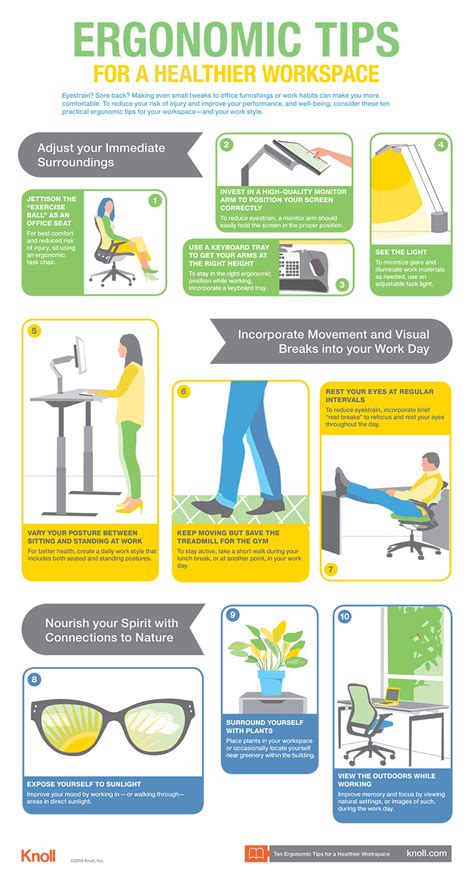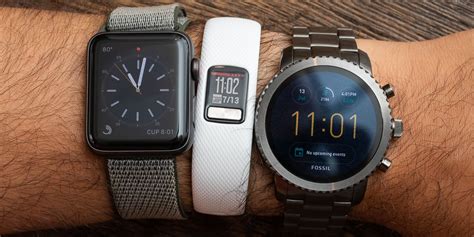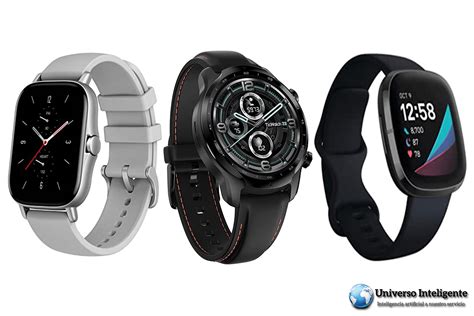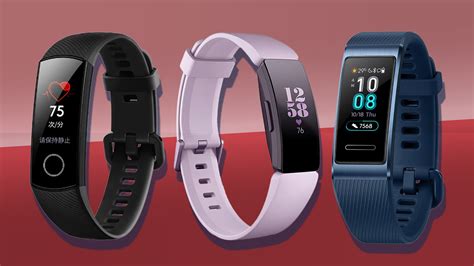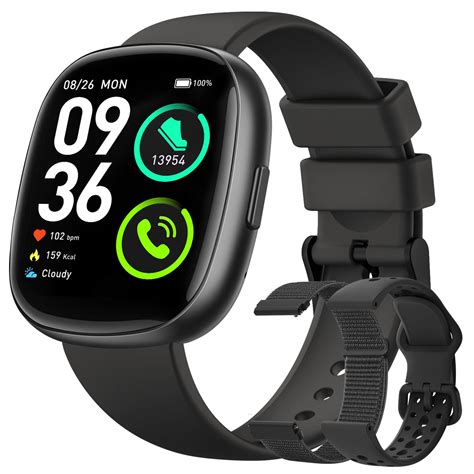The Rise of the Ergonomic Home Office
With the permanent shift towards remote work for many, the home office has evolved from a temporary setup to a crucial, long-term workspace. While the convenience of working from home is undeniable, it often comes with hidden costs if not properly managed – namely, strain on our bodies. Poor posture, prolonged sitting, and inadequate equipment can lead to a host of problems, from neck and back pain to carpal tunnel syndrome, severely impacting both comfort and productivity.
This article explores essential ergonomic gear that not only safeguards your physical health but also optimizes your workspace for maximum efficiency. Investing in the right tools is not a luxury; it’s a necessity for anyone serious about their long-term well-being and professional output in a home office environment.
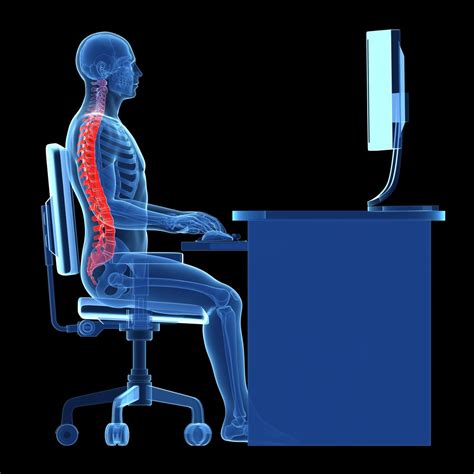
The Foundation: Ergonomic Chairs
An ergonomic chair is arguably the most critical piece of your home office puzzle. Unlike a standard dining chair or stool, an ergonomic office chair is designed to support the natural curve of your spine and encourage proper posture throughout the day. Look for features like adjustable lumbar support, seat height and depth adjustment, armrest height and pivot, and tilt tension. These adjustments allow you to customize the chair to fit your body perfectly, reducing pressure points and promoting healthy circulation.
Spending hours in a chair that doesn’t properly support you can lead to chronic back pain, spinal compression, and fatigue. A good ergonomic chair distributes your weight evenly, minimizes slouching, and keeps your spine in a neutral, healthy alignment, allowing you to focus on your work without constant discomfort.
Desk Dynamics: Standing Desks and Monitor Arms
Complementing your ergonomic chair should be an appropriate desk. A height-adjustable standing desk is an excellent investment, allowing you to alternate between sitting and standing throughout the day. This simple act of changing positions can significantly reduce the negative effects of prolonged sitting, improve circulation, boost energy levels, and even enhance focus. Many models come with programmable height settings, making transitions seamless.
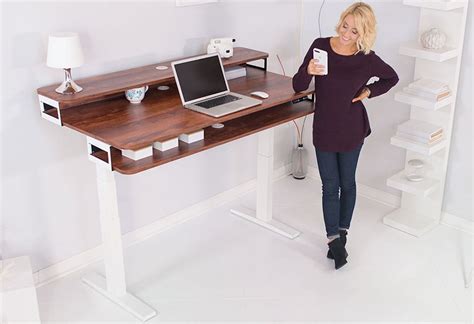
Additionally, a monitor arm is vital for optimal screen positioning. Your monitor should be at arm’s length, with the top of the screen at or slightly below eye level. This prevents neck strain and ensures you’re not hunching forward. A monitor arm allows for precise height, tilt, and swivel adjustments, accommodating various working positions and preventing glare.
Peripheral Power: Keyboards, Mice, and Lighting
Often overlooked, ergonomic keyboards and mice play a significant role in preventing repetitive strain injuries (RSIs) like carpal tunnel syndrome. An ergonomic keyboard typically features a split design or a curved layout that allows your wrists to maintain a more natural, neutral position. Similarly, an ergonomic mouse is shaped to fit the hand more naturally, reducing wrist pronation and minimizing strain on tendons.
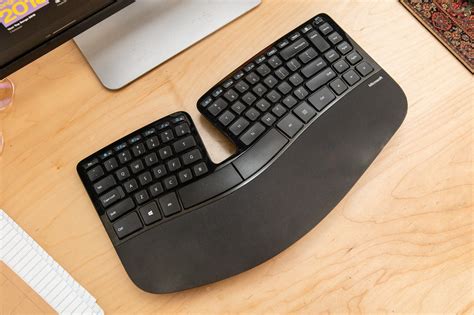
Don’t underestimate the power of proper lighting. Good lighting reduces eye strain, headaches, and fatigue. Ensure your workspace is well-lit, ideally with natural light. Supplement with adjustable task lighting that minimizes glare on your screen and provides ample illumination for any physical documents you may be working with.
Beyond the Gear: Habits and Posture
While gear is crucial, adopting healthy habits is equally important. Remember to take regular breaks – at least every 30-60 minutes. Stand up, stretch, walk around, or do some light exercises. These micro-breaks prevent muscle stiffness and improve blood flow. Pay conscious attention to your posture throughout the day; even with the best equipment, old habits can creep back in. Ensure your feet are flat on the floor (or on a footrest), shoulders are relaxed, and your back is supported by the chair’s lumbar support.
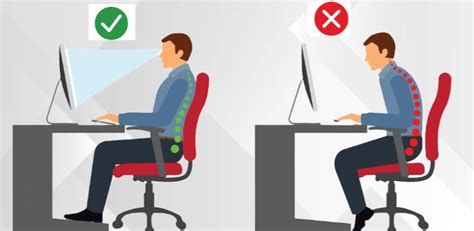
Investing in Your Well-being and Output
Creating an ergonomic home office is an investment in your long-term health and productivity. By choosing the right chair, desk, monitor setup, and peripherals, you can mitigate the physical stresses of remote work, reduce the risk of chronic pain, and create a more comfortable, efficient environment. A healthy body leads to a focused mind, ultimately enhancing your work quality and overall job satisfaction. Prioritize your ergonomic setup today for a healthier, more productive tomorrow.
